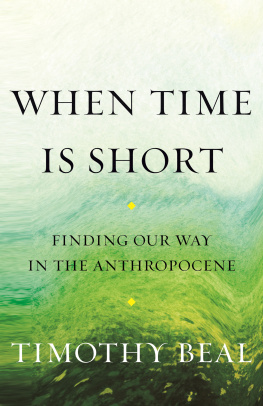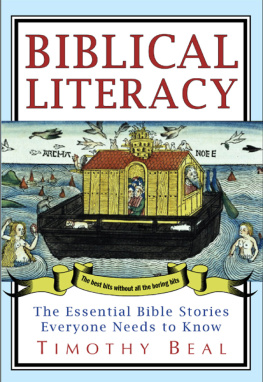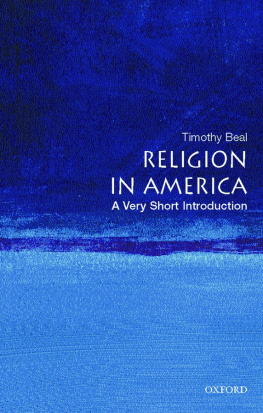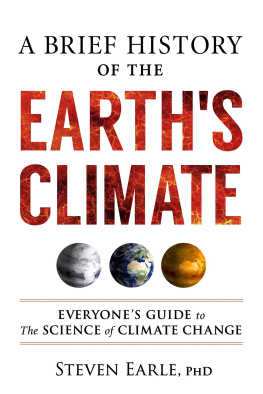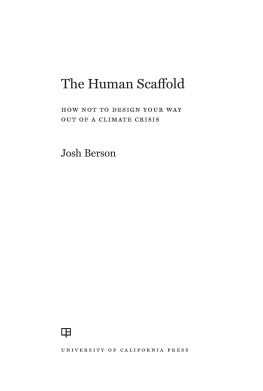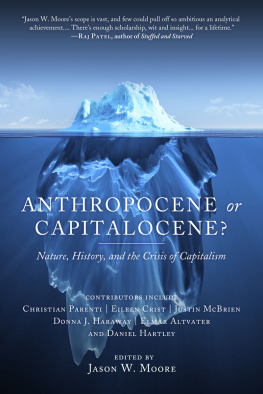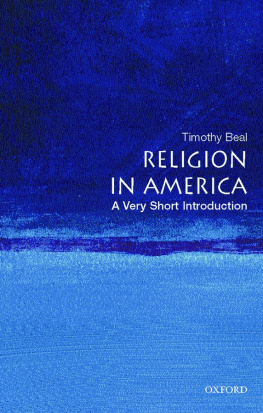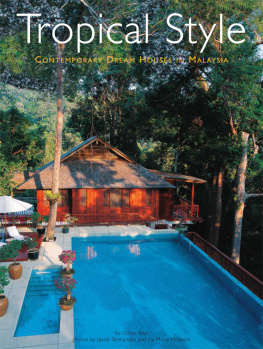Contents
Guide

For my students in Religion and Ecology
INTRODUCTION WITH PLAYLIST
T HIS IS A BOOK about our denial of death as a species. Its also about how religion, especially Christianity, has fueled that denial, and how religion might offer resources to help break through it, to live into our finite human future in a more humble, mindful, and meaningful way.
When I tell friends that Im writing a book about our denial of death as a species, they sometimes think that what I mean is our denial, as a species, of death. That Im writing about how we humans tend to live in denial of our own mortality. There is a wonderful book on that subject: Ernest Beckers The Denial of Death, which won the 1974 Pulitzer Prize for General Non-Fiction two months after Becker himself died of colon cancer. That books influence on this one is great. I have spent a lot of time with it over the past several years.
But thats not what this book is about. When I say, our denial of death as a species, Im not talking about our denial, as a species, of mortality, but rather our denial of the mortality of our species. Our denial of the very real and imminent potential for human extinction. I want to explore on the species level what Becker was exploring on the individual level.
This is not another before its too late book. This is a what if its already too late? book. Maybe its not. But what if it is? What if we, along with many other plants and animals, have fifty years, or two hundred years, or maybe even several hundred more years left? What if we consider, even for a moment, that our faith in ourselves to engineer or science our way out of this is unreliable, perhaps even delusional? What then? How should we live?
FAITH IN THE ANTHROPOCENE
Only lately have we started to acknowledge the very real possibility, I daresay probability, that humankind will literally wear out its welcome on the planet. There have been five great extinction events on Earth. This would be the sixth, and the only one brought about by those being extinguished. On this horizon, new and emerging voices in science, philosophy, religion, and art are inviting us, sometimes pushing us, to imagine a post-human world. We are being called to recognize our place in history in terms of the era of the Anthropocene.
The term Anthropocene was coined in the year 2000 to underscore the fact that we are now living in a world in which anthropogenic (human-originating) forces have as much or more impact on the planets ecological and geological systems as nonhuman forces do. Scholars debate exactly when the Anthropocene officially succeeded the Holocene as Earths new geological era. Some say it was at the dawn of capitalism and European colonial expansion during the seventeenth century. Others say it started with the industrial revolution and the invention of the steam engine in the eighteenth century. Most, including a team of scientists called the Anthropocene Working Group, say it began right around 1945, with the first atomic bombs and the Great Acceleration, which was marked by unprecedented alterations to Earths biological and hydrological systems brought about by exponential population growth and the global rise of large-scale industrial societies. Such will be our geological legacy, our signature layer, on the planet. Humans were here.
Whenever the Anthropocene officially began, we are now in it, and there is no going back. Not only does this fact push us to recognize that we humans are now the primary cause of geological and ecological change, including climate change. It also has the potential to remind us that there was something before us and there will be something after us. In fact, although we are responsible for the Anthropocene, it will outlast us; we will continue to affect the planet long after the last humans are gone. Recognizing that we are now living in the Anthropocene, then, invites us also to reflect on a post-human, eventually post-Anthropocene, future for the planet.
And why is that so hard to conceive, so easy to deny? More than 99 percent of all species that have ever lived on the planet are now extinct. Why, then, is it nearly impossible to imagine a world without usa thriving post-human creation?
I have to admit that I have a hard time talking about all this with friends and colleagues, let alone strangers. When I was working on this book, I asked my students in a college course I teach on religion and ecology to read a rough draft of it. I was surprised by how self-conscious I felt as I struggled to introduce it to them. I was even more uneasy as I waited for their responses. In the end, Im very glad I did share it. Their insightful and critical engagement with it, and with me, has been both encouraging and challenging.
I still feel a little uneasy and self-conscious to be putting this book out there. Why? Is it because I worry that it could be a buzzkill? Or that it actually sounds crazy? Or is it because my conflict-avoidant personality is once again in conflict with my desire to pursue uncomfortable questions? Yes, yes, and yes. But I suspect that something else is also going on. I suspect that I have so deeply internalized the denial Im writing about that part of me wants to censor my own voice. I want to police my own thoughts as not only unbelievable but unthinkable. Denial is strong enough in and around me that I am fighting against my own will to break through it.
REREADING RELIGION
A big part of the drive to deny, I believe, is religious.
Becker and others have shown how religion often feeds our denial of death as individuals by providing the tools and materials to build immortality vehicles, or immortality projects, for transcending our dreadful fate as food for worms. From repaying worldly suffering with heavenly reward, to furthering the divine will through sacrifice in holy war, to infinitely extending our biological shelf life through technology, all our immortality vehicles are religious.
I believe that religion also has a great deal to do with our denial of human finitude and death as a species. By religion, I mean a specific, highly distilled form of modern Western Christian theology, one that is rooted in a tiny handful of Bible verses. It is the theology of human exceptionalism. This is the idea or rather the belief in our godlike dominion over the natural world as humans, that humankind is exceptional to the rest of creation. This is our theological origin story, the founding myth of the modern West. It is also the unacknowledged, little understood, yet fundamental sustaining faith that drives global capitalism, whose Anthropocenic dream of infinite growth through extraction is driving and drilling us to an early extinction.
As I will argue, this religion of godlike human exceptionalism is a modern invention. However biblical or Christian it claims to be, this worldview would have been alien and unbelievable to the traditions and perspectives of those peoples it considers its ancestors. I want to recover those earlier traditions and perspectives in biblical tradition, as well as traces of even earlier indigenous religious cultures behind them. In so doing I hope to un-read them from the perspective of the dominion delusion theyve been forced to serve, and to re-read them for what insights they might have to offer us today. Far This is largely because modern Christianity has taken such pains to try to distance its inherited traditions from other primitive indigenous religions. Rereading these traces of the biblical-aboriginal on the horizon of human finitude, I find that they speak to the cultivation of what I call

